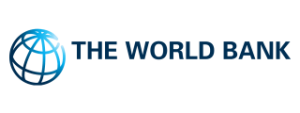The World Bank


Despite billions of dollars and many years spent in Iraq, Libya, and Yemen, previous peacebuilding and development efforts have failed to achieve
lasting and sustainable peace or thriving and prosperous societies. All three countries exist in current fragility or outright conflict. Some previous actions have even been detrimental, beyond merely ineffective. The World Bank wanted to assess people’s views within these three
countries to test to what degree, if at all, the international community has managed to heal these conflict situations. It was critical to determine what unintended damage may have been done to citizens’ trust, or hope for the future, and what these citizens say is the best path for their families and society to foster peace.
Using the results, the World Bank created a report and a series of policy recommendations that tested their priorities against the peoples’ priorities within these countries. The report and policy recommendations allowed the international community to gain a holistic perspective on what people within these fractured and fragile societies say they need comparing to what outside actors believe they need. This indicated that external actors need to change their ideas, strategies, partners, and budgets to achieve successful peace in these countries effectively.
RIWI's cutting-edge technology is at the forefront of innovations in global real-time research. Our collaboration with RIWI has maximized and enhanced our results, especially in capturing the attitudes of citizens in notoriously hard-to-reach regions of the world. Francesca Recanatini Lead Economist Governance, The World Bank